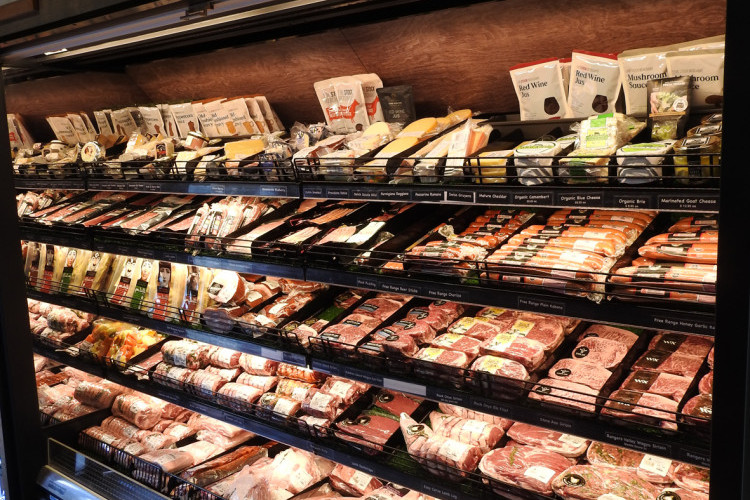General News
15 July, 2021
Coles meat department cuts may boost smaller butchers
BUTCHERS in Coles stores across the far north might soon find themselves looking for work elsewhere, as the supermarket giant considers putting the knife to their meat departments nationally.

In the Cairns Local News coverage area, up to 10 Coles stores could be affected: Port Douglas, Mareeba, Clifton Beach, Smithfield, Cairns Central, Westcourt, Earlville, Mt Sheridan, Edmonton and Innisfail.
Meat departments in the stores would be downsized, and supply would likely come from expanded processing plants elsewhere.
A proposal being considered by the company, under which all its meat products would be pre-processed and packed ready for retail, would see the exit of any remaining in-store trade-qualified butchers, some of whom have been working in Coles for in excess of 40 years.
In place of the butchers would be regular store shelf packers.
While no definite decision has been made yet, the Australasian Meat Industry Employees Union said if it did go ahead, the Coles meat dept cuts “would be devastating for qualified butchers, many of whom have been at Coles for 20, 30, 40 years,” according to AMIEU Queensland Branch Secretary Matt Journeau.
“It’s a crazy situation. Customers these days want to know more about the food they’re eating, which qualified butchers provide. But Coles seem to be defying this and going the opposite way,” said Mr Journeau.
Shoppers are being urged to ‘swap and save’ – swap their shopping routines and save a job, by supporting smaller, privately owned butchers.
A spokesperson for Coles said, “we are considering a proposal to align our meat operating models nationally in our stores, so that we can consistently deliver high quality retail-ready meat for our customers whenever they want to shop.
RELATED: Putting the edge on quality and service
RELATED: The very best meat products in Babinda
“Under the proposal, our fresh meat range would be supplied to stores as retail-ready products and would not require any preparation to be carried out in-store before being placed on the shelves of our meat fridges for customers to buy.”
The move to take butchers out of the loop in the supermarket chain’s stores however, could well mean that customers will take another look at their local privately-owned butchers in their suburbs and towns.
This would be a welcome development for the small businesses, which have seen steady declines in their slice of the retail meat expenditure by consumers in recent decades as the supermarkets expanded their meat sections and stores, offering a ‘one stop shop’ layout to customers and leaving them less of a need to visit separate smaller food shops.
Over the years, however, the large supermarket chains have gradually downsized their meat department operations already, retaining only a basic qualified trade butcher staff presence mainly only in their larger outlets.
Butchers like Edge Hill’s Rod Leaver started his career more than 20 years ago at a Coles store “when they did everything, all the meats with all the right machines,” but now he says another downside to Coles losing their last qualified tradesmen in the meat areas, is that it will leave a gap of skilled workers in the industry, especially younger people who would otherwise have filled a need in butchery.
If the Coles meat department restructure goes ahead, which the main union representing butchers feels it will, Coles says it will negotiate with union representatives and affected workers over their future.
The spokesperson said: “If a decision is made to proceed with the proposal, we will work with affected team members to assess potential redeployment and retraining opportunities within Coles.”
The AMIEU’s Mr Journeau said their focus will be to find other jobs for any workers made redundant and he hopes some may even pick up some work in privately-owned butcher shops.


